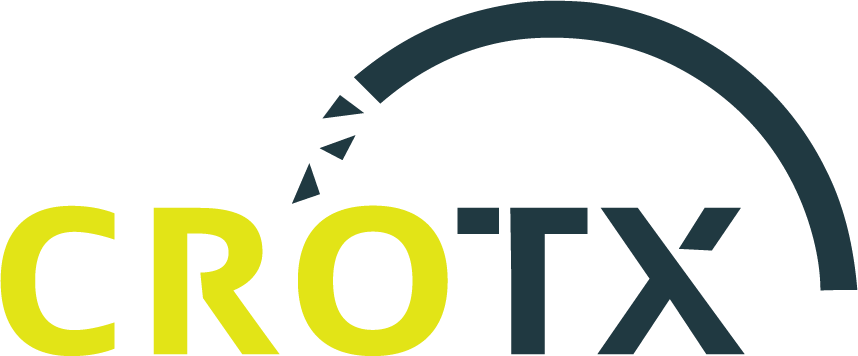In the ever-evolving realm of education, where information flows abundantly and access to expertise is only a click away, student-driven encyclopedias are emerging as a vibrant device in the knowing procedure.

These systems not just provide trainees with a database of information but additionally motivate them to add, edit, and curate web content, fostering a joint and interactive understanding atmosphere.
As educational standards shift towards even more participatory and inclusive versions, the concept of student-driven encyclopedias embodies this makeover. These platforms empower pupils to come to be energetic participants in knowledge development, bridging the void in between typical textbook knowing and contemporary electronic sources.
The Concept of Student-Driven Encyclopedias
Student-driven encyclopedias are electronic systems where students jointly gather, validate, and distribute information on a wide variety of subjects. Unlike typical encyclopedias, which are commonly written by experts, these systems utilize the joint efforts of trainees to produce an extensive body of understanding.
At their core, student-driven encyclopedias are created to cultivate vital thinking, research study abilities, and electronic literacy among pupils. By participating in the procedure of web content creation, pupils find out to navigate and assess information seriously, abilities that are vital in today’s information-rich culture.
In addition, these systems function as an area for trainees to explore their interests and share their competence. This democratic approach to expertise creation ensures that a diverse variety of point of views and voices are represented, improving the finding out experience for all individuals.
- Pupils get hands-on experience in study and content development.
- Encourages partnership and peer interaction.
- Advertises a deeper understanding of subject matter.
- Fosters inclusivity and variety in knowledge representation.
Fundamentally, student-driven encyclopedias transform trainees from passive recipients of details right into active factors, instilling a feeling of possession and duty in their academic journey.
Advantages of Student-Driven Encyclopedias
Among the major advantages of student-driven encyclopedias is the development of crucial 21st-century skills. As students take part in the process of web content development, they sharpen their critical reasoning, digital literacy, and communication skills, every one of which are important in today’s interconnected globe.
Additionally, these platforms motivate a joint discovering setting, where pupils can work together to confirm info, argument various perspectives, and co-edit write-ups. This peer-to-peer communication not only improves learning outcomes yet likewise fosters a sense of area and common regard among pupils.
Additionally, student-driven encyclopedias provide a system for showcasing trainee job. As pupils add to the encyclopedia, they develop a portfolio of their research and writing, which can be invaluable for further academic and specialist quests.
Difficulties and Limitations

Regardless of the many benefits, student-driven encyclopedias additionally encounter particular obstacles. Making certain the precision and dependability of details is paramount, as these platforms rely upon payments from trainees that might not yet possess expert-level expertise.
- Keeping content high quality and accuracy.
- Giving ample supervision and guidance.
- Making certain equitable accessibility and inclusivity.
To minimize these obstacles, several student-driven encyclopedias implement a system of checks and balances, where material is reviewed by instructors or professionals prior to magazine. This ensures that the info presented is both precise and reliable, supporting the stability of the system.
The Future of Student-Driven Encyclopedias
As innovation continues to development and the landscape of education and learning evolves, the possibility for student-driven encyclopedias is vast. These systems have the ability to not just enhance typical instructional sources yet also redefine the way understanding is gotten and shared.
In the future, we may see student-driven encyclopedias incorporating advanced modern technologies such as artificial intelligence and machine learning to enhance content curation and personalization. Additionally, they may learning resource hub increase past textual details to consist of multimedia web content, providing a more immersive knowing experience.
Encouraging the Next Generation
Student-driven encyclopedias hold the promise of encouraging the next generation of students. By positioning pupils at the helm of expertise development, these systems urge lifelong knowing, interest, and intellectual freedom.
In conclusion, as instructional systems continue to innovate, student-driven encyclopedias stand as a testament to the power of cooperation and the value of student firm in the knowing procedure. By welcoming these platforms, we unlock to an extra inclusive, interesting, and vibrant academic experience for all.

Recent Comments